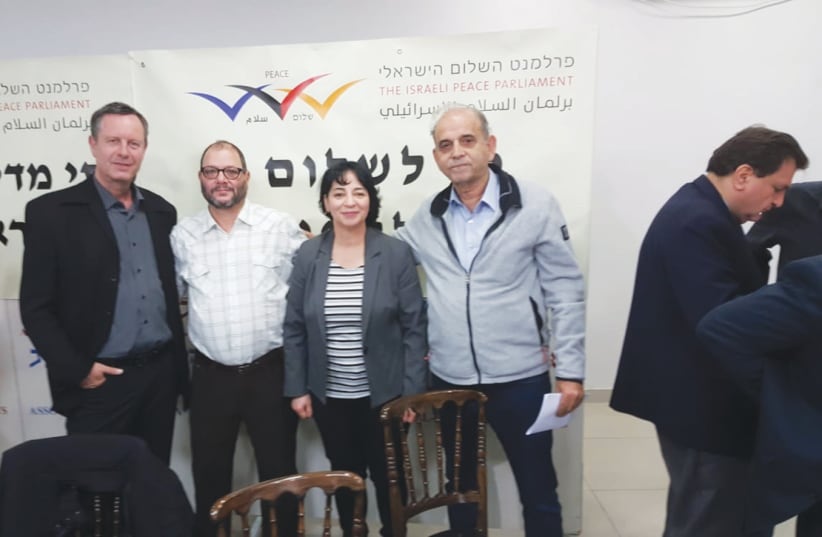Are the Palestinians urging peace dialogue with Israel heroes or traitors?
Palestinian Affairs: Recent meetings between Israelis and Palestinians aimed at promoting a dialogue have been met with a backlash. Will it cause the Palestinians to back down?
